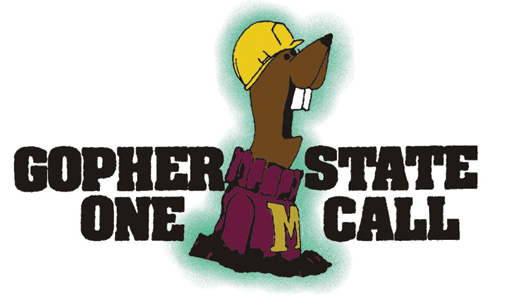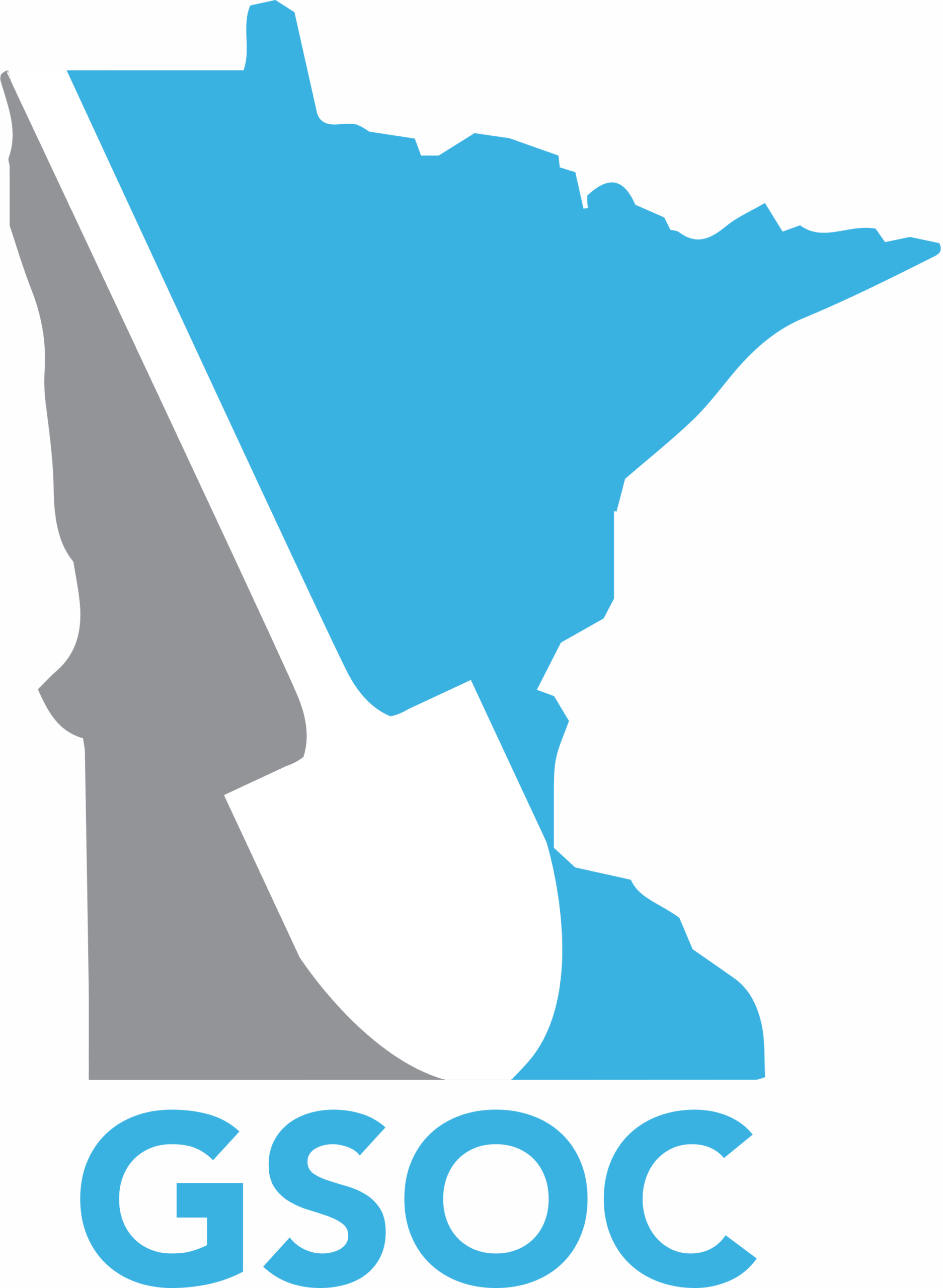
GSOC Core Values
GSOC has developed the following Purpose and Values that describe all that we do to serve the Minnesota underground safety stakeholders.
Our Purpose
Connecting Minnesota for safe digging
Safety Driven
- Put Safety First
- Dedicated to process accuracy
- Grow awareness through education
Industry Leader
- Lead the way with technology
- Set the bar with passion
- Inspire with innovation
- Create a superior user experience
- Never stop evolving
Trustworthy
- Provide consistent, quality service
- Be unbiased and ethical in everything we do
- Be accountable and transparent to our stakeholders
Collaborative
- Listen to all points of view
- Bring stakeholders together to find solutions
- Leverage diverse input to make the right decisions
What is GSOC?
Gopher State One Call (GSOC) is the Minnesota one call notification system established to act as a communication link between underground facility operators, homeowners, and excavators in Minnesota.
Don’t live in Minnesota? Find the complete list of one call centers by state at https://call811.com.
GSOC is a 501 (c) (6) non-profit organization formed in 1987 in response to the legislature’s adoption of Minnesota Statutes Chapter 216D. GSOC was approved by the Commissioner of Public Safety in 1988 as the statewide one call center. Chapter 216D requires anyone who engages in any type of excavation using machine-powered equipment of any kind, or explosives, to file a locate request at least 48 hours, excluding the day of notification, weekends and holidays, before excavation can begin.
GSOC collects information from anyone who is planning to excavate and transmits it to facility operators who may have underground facilities near the excavation site. After receiving a notice from GSOC, facility operators mark the approximate location of an underground facility with paint or flags, respond to the ticket electronically, or determine the work area is clear. Facility operators may then provide a response through GSOC’s Positive Response site for anyone to view the results of the located underground facilities.
About Us
What GSOC Does
- Act as the statewide notification center for the State of Minnesota
- Educate facility operators, excavators, and other stakeholders about GSOC and Minnesota Statute Chapter 216D
- Develop and implement processes to allow communication between excavators, GSOC, and facility operators
- Maintains a database(s) of statewide maps and facility operator underground facility information
What GSOC Does NOT Do
- Physically locate and mark any underground facilities. This is done by the facility operator or their contract locator
- Settle disputes and claims between excavators and facility operators or between parties and the regulator
- Maintain a database of the exact location or type of underground facilities
- Handle facility billing, connection, subscription, or other facility questions. These matters are handled by the utility company or other applicable facility operator
- Maintain underground facilities in any way, such as repairing damaged facilities or tracking the depth of facilities. Please contact the facility operator for any underground facility questions
Our Team
Lisa Freeman
ITIC Coordinator
(651) 681-5700
[email protected]
Jill Hayes
GIS Coordinator (IMAP)
(877) 848-7472
[email protected]
Robert DeVries
GIS Coordinator (IMAP)
(877) 848-7472
[email protected]
Jennie Jamison
Accounting
(410)-712-0082
[email protected]
Annual Reports
Our History
Following a tragic accident in Mounds View in 1986, the Minnesota Legislature conducted a study of pipeline safety and third-party damages. Chief among the study’s findings was the recommendation that Minnesota enact comprehensive damage prevention legislation.

Damage Prevention Law
Minnesota Statutes Chapter 216D was enacted in 1987. The legislation, co-sponsored by Representatives Daniel Knuth, Dave Bishop and Senator Steve Novak, required the establishment of a statewide “one call” center as well as the formation of a non-profit corporation for the provision of the call center services. The call center would receive notices of intent to excavate from any person engaged in excavation activity and would in turn notify underground facility operators in the area of the excavation.





